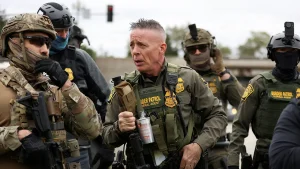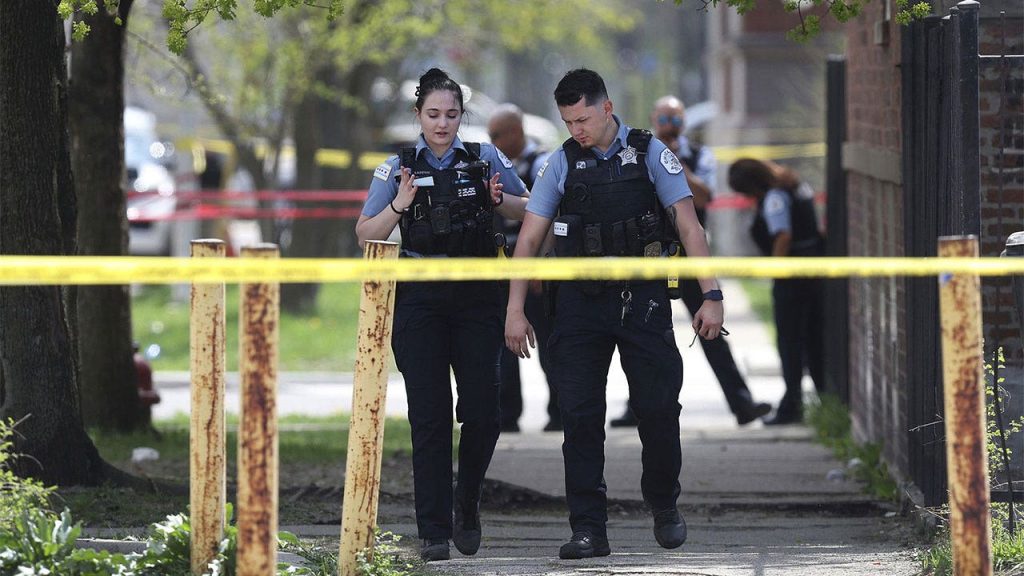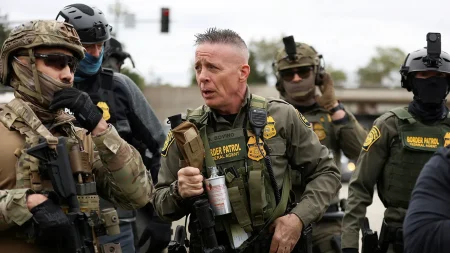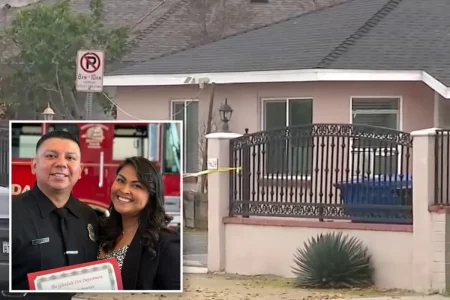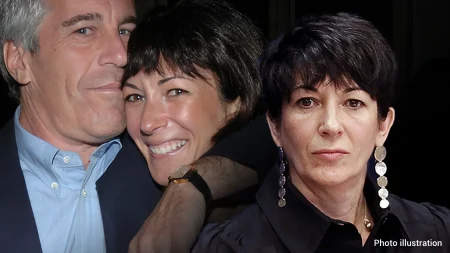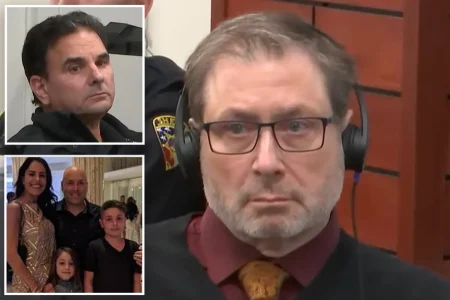Former Chicago Detective Criticizes No-Cash Bail Policies Following Trump’s Executive Order
In the wake of President Donald Trump signing an executive order prohibiting no-cash bail practices, Eugene Roy, Chicago’s former chief detective, has voiced strong criticism of these policies that he believes have undermined urban policing efforts. “Every place in the country where you have no-cash bail is a disaster,” Trump declared before signing the order, specifically mentioning Chicago as a city severely impacted by such policies. Roy, who served with the Chicago Police Department for three decades from 1986 to 2016, rising from patrol officer to chief detective, witnessed firsthand the evolution of these controversial bail reforms.
Roy traces the origins of Chicago’s current no-cash bail system to 2012, when he observed a shift in city leadership driven by “young liberal progressive legislators” intent on criminal justice reform. “It was the start of the no-cash bond movement. It was the start of the so-called SAFE-T Act, which just lets people back out on the street after committing violent crimes and with no protection whatsoever for the victims that they terrorized or the communities that they terrorized,” Roy explained. This trajectory culminated in Illinois passing the SAFE-T Act, which officially eliminated cash bail when it took effect in September 2023. According to Roy and cases documented by local media, the consequences have been devastating for crime victims throughout the city.
The former detective points to several disturbing cases that illustrate the real-world impact of these policies. One involves Diashun Dixson, who randomly attacked two Chicago men in May 2023 and was initially assessed $10,000 bail. When the SAFE-T Act went into effect, his lawyer successfully petitioned for his release. Less than a month later, Dixson allegedly approached a 19-year-old college student doing schoolwork in Union Station and punched her in the face, breaking her nose and causing severe bleeding. “You talk about whether or not criminals are gaming the system by taking advantage and exploiting this no-cash bond system, the SAFE-T Act, as it’s called. Absolutely,” Roy asserted. “They are professionals at what they do. They’re as professional at what they do – whether it’s committing armed robberies, burglaries, auto thefts, shootings – they’re just as good at doing that as the police are at doing their jobs, except there’s no constraints on the bad guys.”
Other cases highlight similar patterns. Quijuan Waters, 21, allegedly shot a man in the face in December 2023 while out on bail for a different shooting, having previously been on probation for yet another shooting incident. The progressive bail reforms in Chicago predate the 2023 law; Cook County implemented an “affordable bail” program in 2017 that also allowed violent suspects to remain free while awaiting trial. In a particularly troubling case from 2019, 17-year-old Fabian Diaz was arrested for a gang-related homicide just months after being released on bail in a juvenile gun possession case. Reports indicate Diaz exited a vehicle and fatally shot a 47-year-old man.
Beyond the impact on public safety, Roy emphasizes that no-cash bail policies have severely damaged morale among Chicago’s police officers. “It absolutely demoralizes them,” he said. “They come to work, they’re trying to do the right thing. They’re under so many restrictions. They are under the microscope constantly.” The psychological toll on officers is significant, causing them to second-guess their actions during critical moments. “You know, they’re professionals. They understand it, but it still takes a toll on you,” Roy explained. “You think about it. It’s weighing on your mind. You second guess yourself. The last people we want second guessing themselves in a time of danger are police officers.”
As cities across America experiment with bail reform, Chicago’s experience serves as a cautionary tale according to Roy. The former detective’s perspective highlights the tension between progressive criminal justice reforms and practical public safety concerns. While advocates of no-cash bail policies argue they promote equity by not penalizing the poor, critics like Roy point to specific cases where violent offenders were released only to commit additional crimes. President Trump’s executive order against no-cash bail reflects growing pushback against these reforms, particularly in jurisdictions where residents and law enforcement report negative outcomes. For Chicago’s former top detective, the solution lies in balancing justice reform with stronger protections for victims and communities affected by violent crime.

